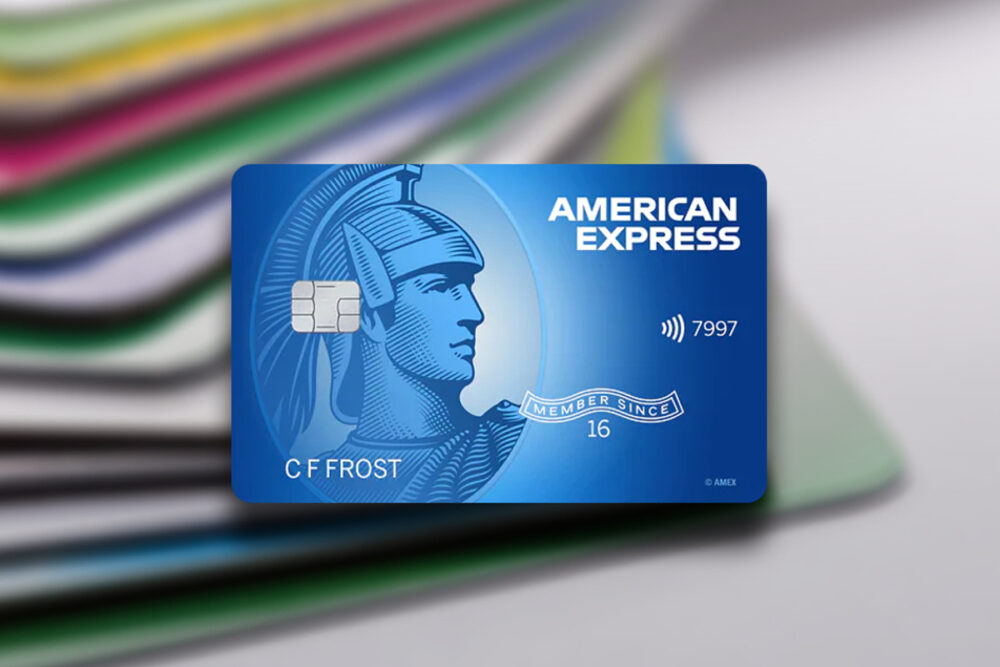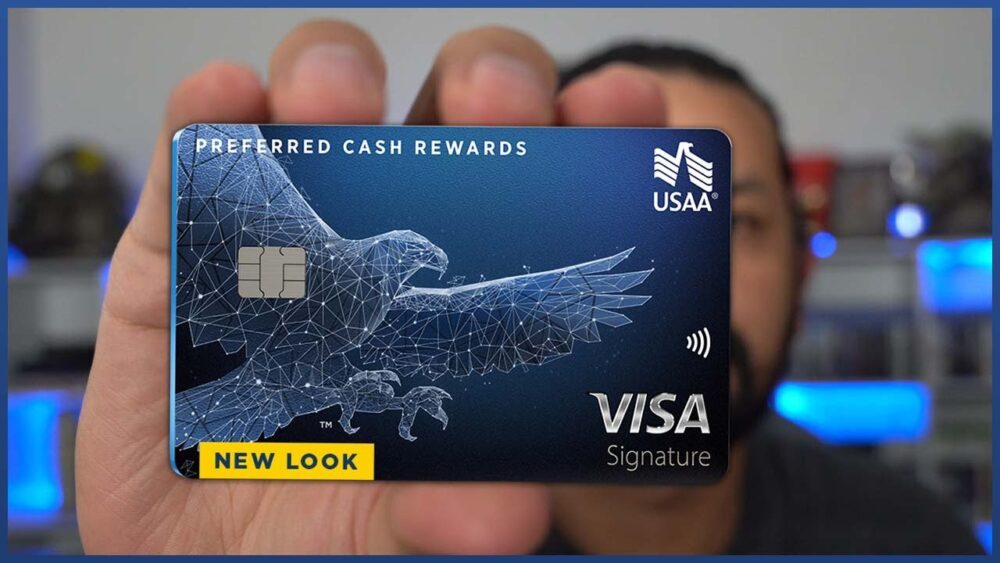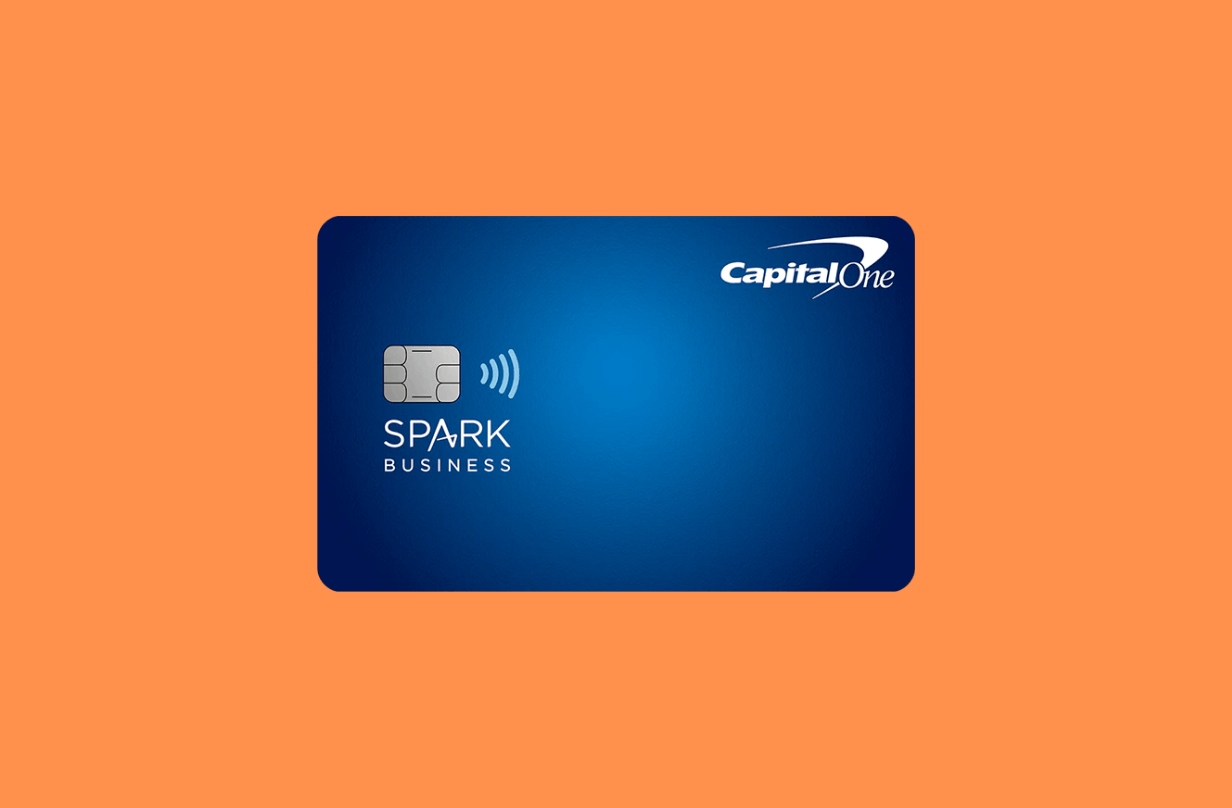Credit Cards for Students: Tips and Benefits for Starting Financial Life

Your Financial Journey Begins Here
Starting your financial life as a student is an exciting yet daunting experience. With countless opportunities ahead, understanding how to manage finances effectively is crucial. This is a unique phase where you can lay the foundation for a secure financial future. One of the most powerful tools at your disposal during this time is a credit card.
Credit cards can offer advantages that enhance your financial education and overall experience as a student. Here are some significant benefits of utilizing credit cards wisely:
- Building Credit History: Establishing a good credit score now can help you secure loans in the future, essential for major purchases like a car or a home. For example, responsible use of a student credit card, such as making small purchases and paying them off monthly, can create a beneficial credit history that can last for years.
- Emergency Funds: A credit card can provide a safety net for unexpected expenses, like urgent car repairs or medical bills. Instead of scrambling for cash, having a credit card means you can handle unforeseen costs while managing your finances better.
- Cashback Rewards: Many student credit cards offer rewards points or cashback bonuses on everyday purchases. For instance, if you’re buying textbooks or groceries, you can earn rewards that eventually translate into savings or discounts. It’s like getting a few dollars back for spending that you were already planning to do!
However, with great power comes great responsibility. It’s essential to learn how to use your credit card wisely:
- Pay on Time: Late payments can significantly hurt your credit score. Setting up reminders or automated payments can ensure you never miss a due date, keeping your credit in good standing.
- Keep Balances Low: Aim to use only a portion of your credit limit to maintain a healthy credit utilization rate. Experts recommend keeping your utilization below 30% to promote a strong credit score. For example, if you have a $1,000 limit, try to keep your balance under $300.
- Understand Terms: Familiarize yourself with interest rates and fees to avoid surprises. Before signing up for a credit card, read the terms carefully to understand how much interest may be charged if you don’t pay in full each month.
By taking control of your financial future today, you’ll set the stage for a brighter tomorrow. Embrace your financial journey and make informed choices that pave the way for achieving your dreams. Remember, every small decision counts, and building a responsible financial habit now will lead to lasting benefits in the years to come. With determination and knowledge, you can navigate the complex world of personal finance and emerge successful, ready to take on whatever challenges come your way!
DISCOVER MORE: Click here for sustainable income strategies
Maximizing Your Credit Card Benefits
As a student stepping into the world of finance, credit cards can serve as a crucial lifeline to help you navigate various expenses and build a foundational understanding of money management. The benefits of having a credit card extend far beyond just making purchases; they can transform the way you handle your finances and prepare you for future financial responsibilities. Here are some key insights to help you maximize your credit card benefits:
- Take Advantage of Introductory Offers: Many student credit cards come with enticing introductory offers such as bonus rewards points or zero-interest periods on purchases. These can be fantastic opportunities to save money or earn rewards. For instance, making essential purchases like school supplies during a promotional zero-interest period can allow you to pay off your balance without incurring interest.
- Learn Financial Responsibility: Using a credit card is a valuable way to learn money management skills. Develop a budget that accounts for your income and expenses, and allow your credit card purchases to fit within that framework. By tracking your spending, you begin to understand concepts like budgeting, saving, and the importance of living within your means.
- Emergency Preparedness: In addition to being a financial tool, a credit card can be essential for unexpected emergencies. Whether it’s a car breakdown, health-related expense, or last-minute travel, possessing a credit card can provide peace of mind and immediate access to funds, allowing you to manage crises without derailing your finances.
Embracing these advantages means you must be proactive in using your credit card wisely. The rewards and opportunities are plentiful, but they require discipline and an understanding of your financial habits:
- Monitor Your Spending: Regularly reviewing your credit card statements helps you stay aware of your spending habits. Utilize apps or online banking tools to track your transactions in real-time. This proactive management can help you avoid overspending and ensure you’re living within your budget.
- Set Up Alerts: Many credit card companies offer the option to set up alerts that notify you of upcoming payment due dates or when you approach your credit limit. Taking advantage of this feature can be a great way to avoid late fees and manage your credit responsibly.
- Educate Yourself Continuously: Take the initiative to learn more about personal finance through online resources, workshops, and books. The more informed you are about credit management, interest rates, and financial planning, the better equipped you’ll be to make decisions that benefit your financial future.
By utilizing these tips and fully understanding the potential of your credit card, you can turn it into a powerful ally in your financial journey. As you embrace the responsibility that comes with having a credit card, you’ll not only build a positive credit history but also develop skills that will serve you for years to come. Remember, the key to making the most out of your credit card is to prioritize responsibility, awareness, and education in every financial decision you make.
DISCOVER MORE: Click here for details on applying
Understanding the Importance of Credit Scores
As a student embarking on your financial journey, understanding credit scores will play a vital role in your future. Your credit score can significantly influence your ability to secure loans, rent an apartment, or even land a job in certain fields. Hence, it is essential to grasp how your credit card usage impacts your credit score:
- Payment History: Your payment history typically accounts for 35% of your credit score. Always strive to make payments on or before the due date. Setting up automatic payments or reminders can help ensure that you never miss a deadline, thereby showcasing your reliability to lenders.
- Credit Utilization Ratio: This ratio, calculated by dividing your credit card balances by your credit limits, constitutes about 30% of your score. Keeping your utilization below 30% is advisable; this means if your credit limit is $1,000, try to keep your balance under $300. Managing your spending wisely helps maintain a healthy credit utilization ratio.
- Length of Credit History: Although students may have limited credit history, time will build your profile. The sooner you begin managing a credit card, the more extended your credit history will be in the future. This aspect emphasizes the value of starting your financial journey early.
With an understanding of how credit scores work, you can shape your financial decisions in a way that builds a solid credit profile. However, it requires you to be strategic and thoughtful in your approach:
Building Your Credit Wisely
Establishing a positive credit history provides enormous advantages in life, from lower interest rates on loans to favorable terms on your future mortgage. As a student, it’s essential to prioritize building your credit wisely and responsibly:
- Limit the Number of Applications: While it may be tempting to apply for multiple credit cards to maximize benefits, bear in mind that too many applications in a short period can harm your credit score. When shopping for the right card, focus on finding one that suits your needs rather than applying to numerous options.
- Use Your Card Regularly: Make small and manageable purchases with your credit card to establish a pattern of responsible usage. Regular use demonstrates to credit agencies that you can manage credit effectively, as long as you pay off the balance on time.
- Diversify Your Credit: Once you feel comfortable managing your first credit card, consider diversifying your credit mix responsibly. For example, a small personal installment loan or a student loan can further strengthen your credit history when managed well, but ensure you do not overwhelm yourself.
As you venture into the world of credit cards, remember that your financial habits today will pave the way for your financial future. Being proactive and educated about how credit works empowers you to make informed decisions that reflect your aspirations. Keeping a clear perspective on your credit utilization, making timely payments, and fostering a healthy credit history can open doors that may once have seemed unreachable. By taking these conscious steps now, you are investing in a prosperous financial future filled with endless possibilities.
DIVE DEEPER: Click here to learn how to apply effortlessly
Embracing a Brighter Financial Future
As you stand at the threshold of your financial journey, remember that the decisions you make today can significantly impact your tomorrow. Credit cards are not just tools for spending; they are opportunities to build a strong financial foundation. By understanding the critical aspects of credit scores, you are equipping yourself with the knowledge required to navigate the complexities of credit management effectively.
Every responsible habit cultivated now—such as making timely payments, keeping your credit utilization low, and gradually building your credit history—contributes to a brighter financial future. Think of your credit card as more than a means to an end; it’s a stepping stone that can lead to tremendous possibilities, from favorable loan terms to exciting life milestones like purchasing a car or a home.
Be mindful as you engage with credit. Striking the right balance between utilization and responsibility will set the course for your financial health. Whether it’s limiting applications to avoid unnecessary hits on your credit score or diversifying your credit mix intelligently, each step you take is a move towards heightened financial literacy and independence.
In conclusion, embrace your newfound understanding of credit cards as a vital element in shaping a fruitful financial life. Every thoughtful action you take today is an investment in a future filled with opportunities and success. With patience, diligence, and a proactive mindset, the world of finance is yours to conquer.


